A Comparison of Hinduism and Buddhism in Ancient Indian Religions
Hinduism and Buddhism, two major religions originating in ancient India, share beliefs in concepts like moksha and reincarnation but differ in practices, gods, texts, and societal impacts. Hinduism's caste system influences all aspects of life, while Buddhism was founded by Siddhartha Gautama, the Buddha, who preached non-envy and concentration. Understanding the distinctions between these faiths offers insights into the diverse spiritual landscape of India.
A Comparison of Hinduism and Buddhism in Ancient Indian Religions
PowerPoint presentation about 'A Comparison of Hinduism and Buddhism in Ancient Indian Religions'. This presentation describes the topic on Hinduism and Buddhism, two major religions originating in ancient India, share beliefs in concepts like moksha and reincarnation but differ in practices, gods, texts, and societal impacts. Hinduism's caste system influences all aspects of life, while Buddhism was founded by Siddhartha Gautama, the Buddha, who preached non-envy and concentration. Understanding the distinctions between these faiths offers insights into the diverse spiritual landscape of India.. Download this presentation absolutely free.
Presentation Transcript
Essential Question: What are the major differences between the Indian religions of Hinduism and Buddhism? Warm-Up Question: Which two religions originated in modern-day India?
The Religions of Ancient India Overview: The people of the Indus River Valley developed 2 major religions that are still practiced today: Hinduism & Buddhism
Hinduism Basic beliefs: Hinduism is based upon the search for perfect understanding & the liberation from the human world This understanding is called moksha (also called nirvana or enlightenment)
Hinduism Basic beliefs: Only the top of the caste system can achieve moksha Hindus believe in reincarnation (people are reborn into another form) Moving up in the caste is based on fulfilling dharma (duty) & gaining karma (good deeds)
Hinduism Gods: Hindus believe in thousands of gods, but 3 are supreme Brahma the creator, Vishnu the preserver, & Shiva the destroyer Texts: There is no single Hindu text, but the Upanishads & Vedas are important works
Hinduism Impact on society: Hinduism & caste system dominate all aspects of one s life, such as who people can marry & how to dress
Quick Class Activity: Examine the image and the quote below & guess how Buddhism is different from Hinduism Let him not despise what he has received, nor should he live envying the gains of others. The disciple who envies the gains of others does not attain concentration. Buddhist scripture, TheDhammapada (Verses of Righteousness)
Buddhism Origins: Buddhism was created by Siddhartha Gautama who abandoned a noble life in search of enlightenment After a period of meditation, Siddhartha gained enlightenment & became known as the Buddha
Buddhism Basic Beliefs: Like Hinduism, Buddhists believe in moksha & reincarnation But, Buddhists rejected the caste system & the idea that only Brahmins can achieve nirvana
Buddhism Basic Beliefs: The major teaching of Buddhism are the Four Noble Truths Buddhists believe they can achieve nirvana by following the Eight-Fold Path
Buddhism Impact on society: Women & Hindus in the lowest castes were attracted to Buddhism Missionaries spread Buddhism into Asia
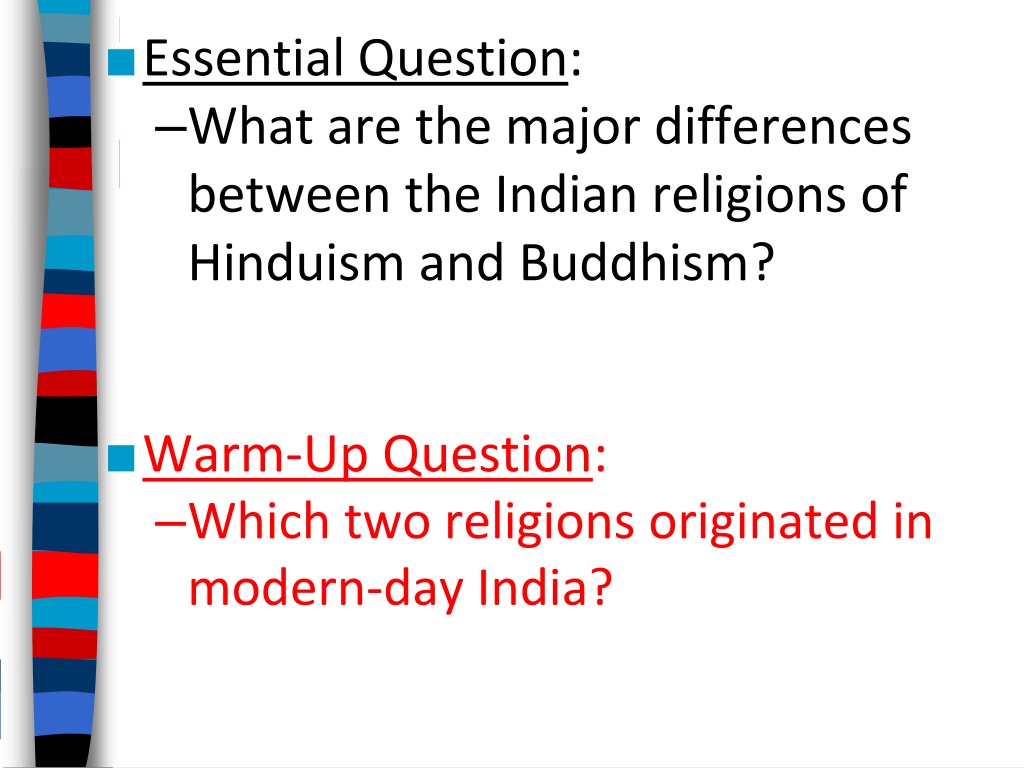


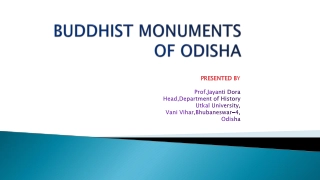
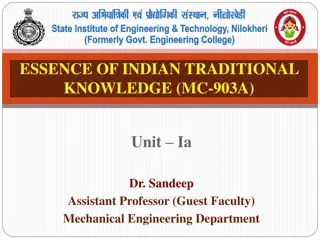








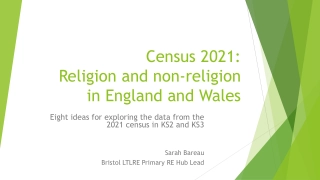




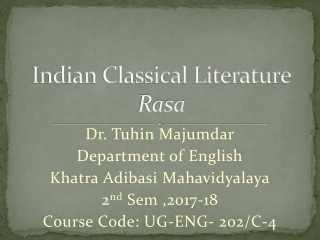

























![[PDF⚡READ❤ONLINE] Tutankhamun's Trumpet: Ancient Egypt in 100 Objects from the](/thumb/20549/pdf-read-online-tutankhamun-s-trumpet-ancient-egypt-in-100-objects-from-the.jpg)




